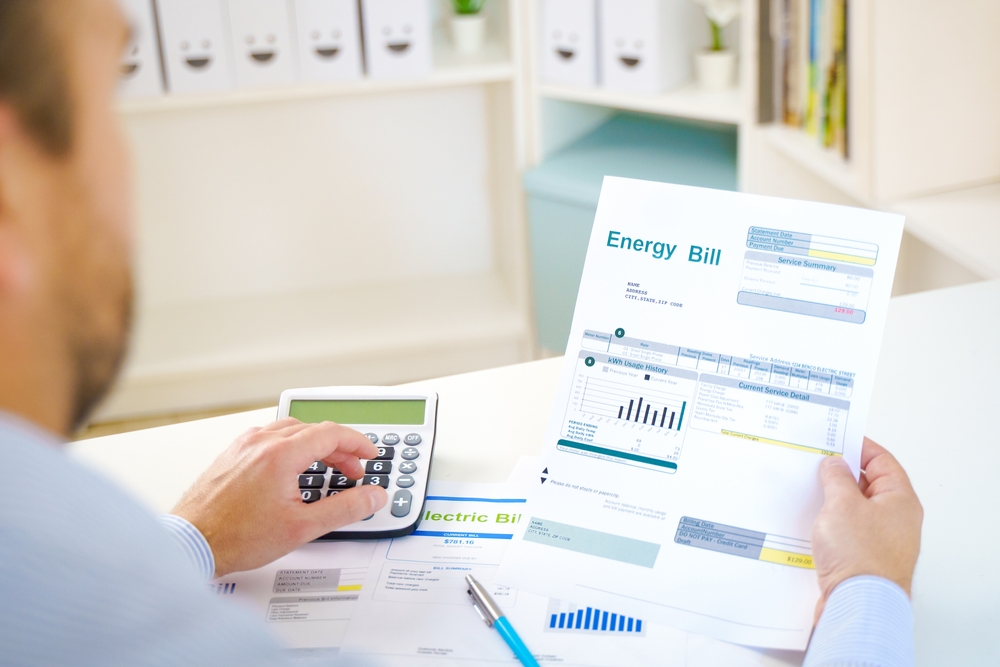The cost of living crisis is having a devastating impact on millions of people’s personal finances but with the government still slow to intervene, some people have taken it upon themselves to do something about rising costs.
In June, a group of like-minded activists launched a campaign named Don’t Pay UK which urges homeowners to make a pledge to cancel their energy bills if the proposed energy price cap rise takes place in a “mass non-payment strike of energy bills”.
But whilst the power of collective consumer action might be enough to convince energy companies to take action to tackle spiralling costs, it also has the potential to lead to further financial problems for the hundreds of thousands of struggling homeowners that have already registered to take part.
In this article, we’ll outline what the Don’t Pay UK campaign is and what could happen if you refuse to pay your energy bills when the energy price cap comes into effect later this year.
You can be moved onto a prepayment meter
If you refuse to pay your energy bills, your energy company can move you onto a prepayment meter and you will have no choice but to pay for your energy usage in advance or on a pay-as-you-go basis.
When this happens, your arrears from your missed energy bills will be added onto your prepayment meter and a set amount will be deducted from this figure each month until your debts are cleared, or your energy supply will be disconnected.
But with customers on prepayment meters unable to take advantage of the best fixed rate deals and at risk of having their energy supply disconnected if their credit runs out, refusing to pay your energy bills can be an expensive mistake to make.
It is, however, worth noting that your energy company can’t move you onto a prepayment meter if doing so would pose a risk to your health and must follow proper procedure to ensure you have been given sufficient notice and have been offered alternative options first.
You can be chased by debt collectors
Because gas and electricity bills are classed as priority debts, there can be serious consequences for missed or late payments. This includes being chased by debt collectors.
It might only happen as a last resort but with extra charges potentially added to cover the cost of going through a debt collection agency, you could end up paying more than your missed energy bill would have been in the first place.
In addition, debt collectors also have the power to obtain a court warrant to enter your home to install a prepayment meter which means the monthly cost of your energy bills going forward will be more expensive than the price you were originally paying.
Your energy supply might be cut off
It will only happen as a last resort but in rare cases, your energy supply might be cut off if you refuse to pay your energy bills.
This can happen if your energy bill has gone unpaid for 28 days, but you should be given sufficient notice from your energy company that this will happen and given the option to agree to a prepayment meter first.
However, because there is no legal justification to withhold your energy bills unless your energy company has breached their contract with you, refusing to pay your energy bills can, technically, mean you are breaching your contract and are also at risk from further legal action.
Your credit rating could be affected
There are several things that can negatively impact your credit rating including refusing to pay your energy bills.
For example, when an energy payment becomes overdue, your energy company might ask for a marker to be added to your credit file. This is called a default and can stay on your credit file for six years and hinder your chances of being accepted for credit down the line.
In some cases, your energy company might also issue a County Court Judgment (England) or Decree (Scotland) against you which can leave a black mark on your finances for years to come.
So, with a poor credit rating making it difficult to get a mortgage, rent, credit card, loan, or even phone contract, the seemingly unremarkable decision to stop paying your energy bills can have a long-lasting impact on your financial future.
You might be charged a penalty fee
When you enter into a contract with an energy company, you will be expected to hold up your end of the bargain and pay for the service you are receiving.
However, when you cancel your direct debit payments, you are effectively breaching the conditions of your contract and some energy companies might respond to you doing so by charging a penalty fee.
For example, EON charges £10 if a direct debit payment returns unpaid, British Gas charges £13 if an energy bill has gone unpaid for 28 days, and Bulb charges £15 for a single missed payment and £20 for every missed payment thereafter.
It is no secret that further action is needed to tackle the rising cost of living in the UK but with refusing to pay your energy bills potentially leading to further financial problems, it is a risky (and costly) move that mustn’t be made lightly.




